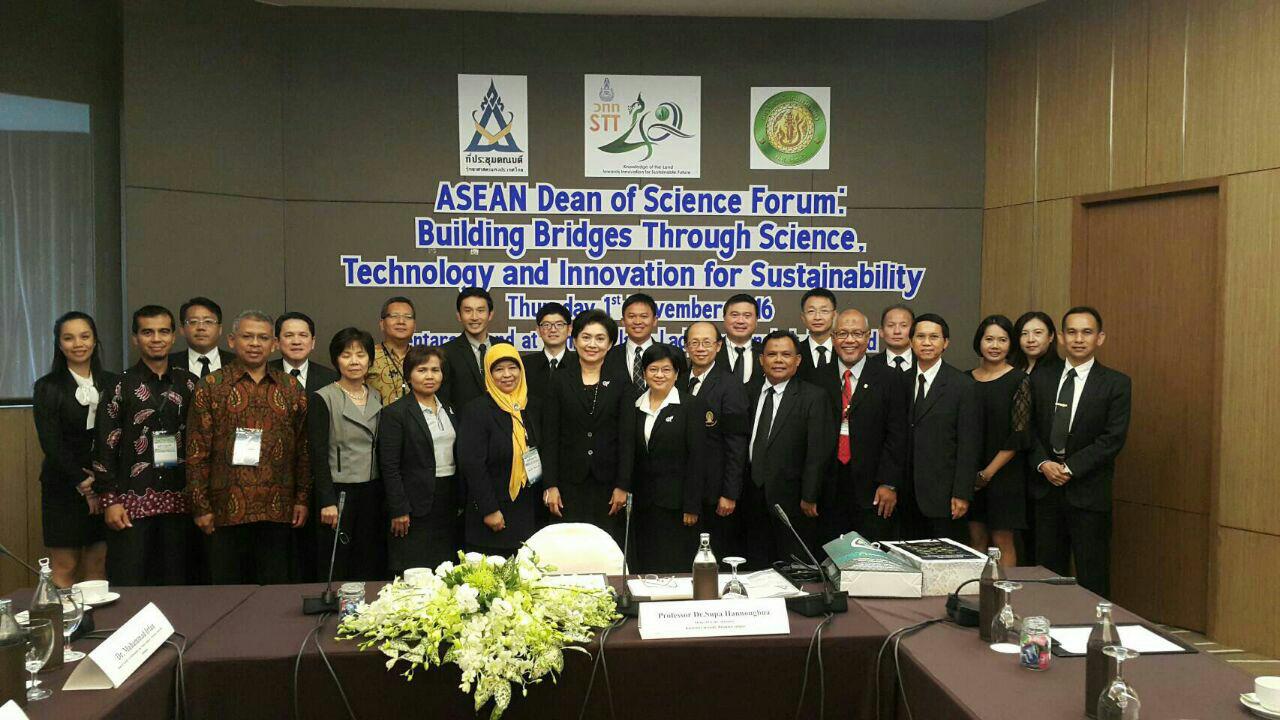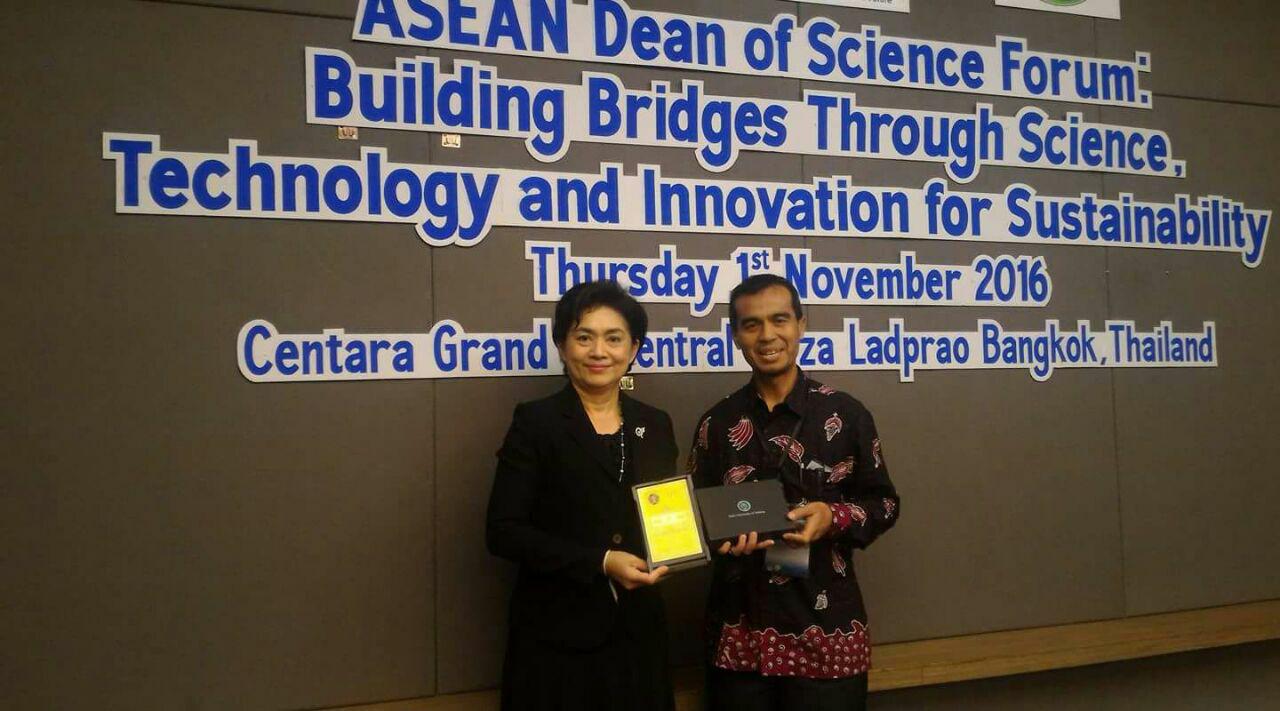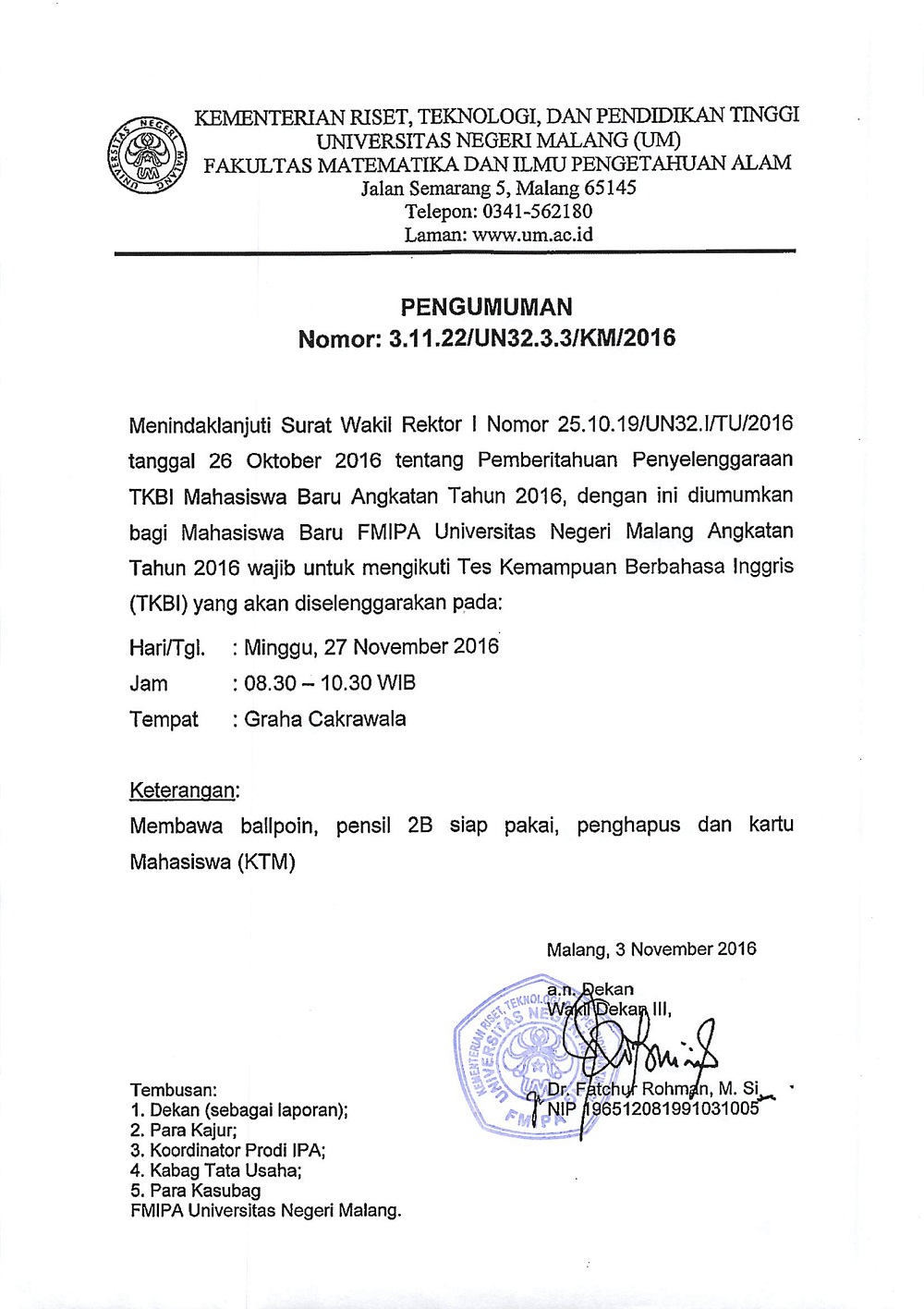International Conference SULE-IC 2014 a.n Drs. Slamet
STAGE OF CRITICAL THINKING ABILITIES IN SOLVING
MATHEMATICAL PROBLEMS FOR PROSPECTIVE TEACHERS
DEPARTEMENT OF MATHEMATICS FMIPA UM MALANG
Slamet
Department of Mathematics FMIPA UM Malang
Students S3 Mathematics Education Doctoral Program UM
E-mail: slamet1162@gmail.com
Abstract
Critical thinking is a way for someone to improve the quality of the ideas using techniques systematization way of thinking and intellectual thinking in generating ideas initiated. The level of critical thinking abilities of each person is different and the differences in learning mathematics can be seen as a level that starts from the lowest level to the highest level. But in reality, research related to stage of critical thinking for assessment in mathematics instruction are valid and reliable, has not been developed by mathematics education experts. Thus, this research seeks to formulate stage of critical thinking abilities in solving mathematical problems. Stages of development of critical thinking start from the lowest are: unreflective thinking, challenged thinking, beginning thinking, practicing thinking, advanced thinking and master thinking. Critical thinking which will be observed and studied are the elements of reasoning: purpose, questions, asumptions, point of view, information, concepts and ideas,interpretations and implications by using a standard of intellectual reasoning which include: clarity, accuracy, precision, relevance, consistency, significance, logicalness, depth, breadth and fairness. This stage, that related with critical thinking abilities, describes thinking strategies generally, not only in mathematics. The developed level provide evidence of the degree of hierarchical (sequential) in critical thinking. This research is a qualitative research aimed to formulate stage of critical thinking abilitiess in solving mathematical problems are valid and reliable, find and identify the characteristics of students’ critical thinking stage for each of these levels. The research’s subjects were prospective teachers of Mathematics Department, State University of Malang, using the snowball method. Steps of research stage of critical thinking abilitiess, the steps as follows: formulate initial theory about the level of critical thinking abilities based on the study of theory supported by empirical data, draft Validating theories about the level of critical thinking abilities in an expert to determine the validity and construct a theory developed, doing pre-research to prove the existence of the level of critical thinking abilities, revise draft theory about the level of critical thinking abilities, Perform data collection to determine the existence of the level of critical thinking abilities, Perform data analysis. Researchers initially formulating the criteria of critical thinking abilities are theoretically that consists of 5 levels starting from the lowest levels: level 0 (not critical), level 1 (less critical), level 2 (critical enough), level 3 (critical) and level 4 (very critical). For the lowest level, which is unreflective thinking (thinking that is not reflected) can be compared with the level 0 (not critical), challenged thinking (thinking that challenged) can be compared with the level 1 (less critical), beginning thinking (thinking starters) can be compared with level 2 (critical enough), practicing thinking (thinking exercises) and advanced thinking can be compared with the level 3 (critical), as well as a master’s thinking can be compared with the level 4 (very critical).
Key words: stage of critical thinking, critical thinking criteria, elements of reasoning, intellectual standards of reasoning, and mathematical problem solving.





